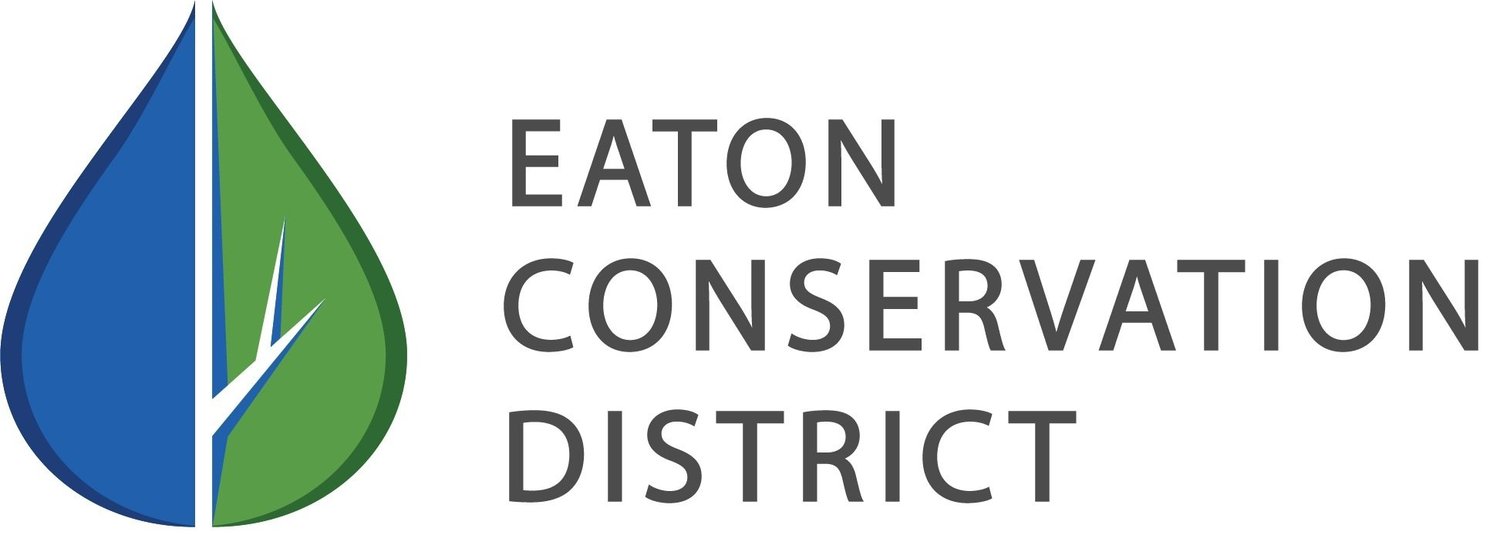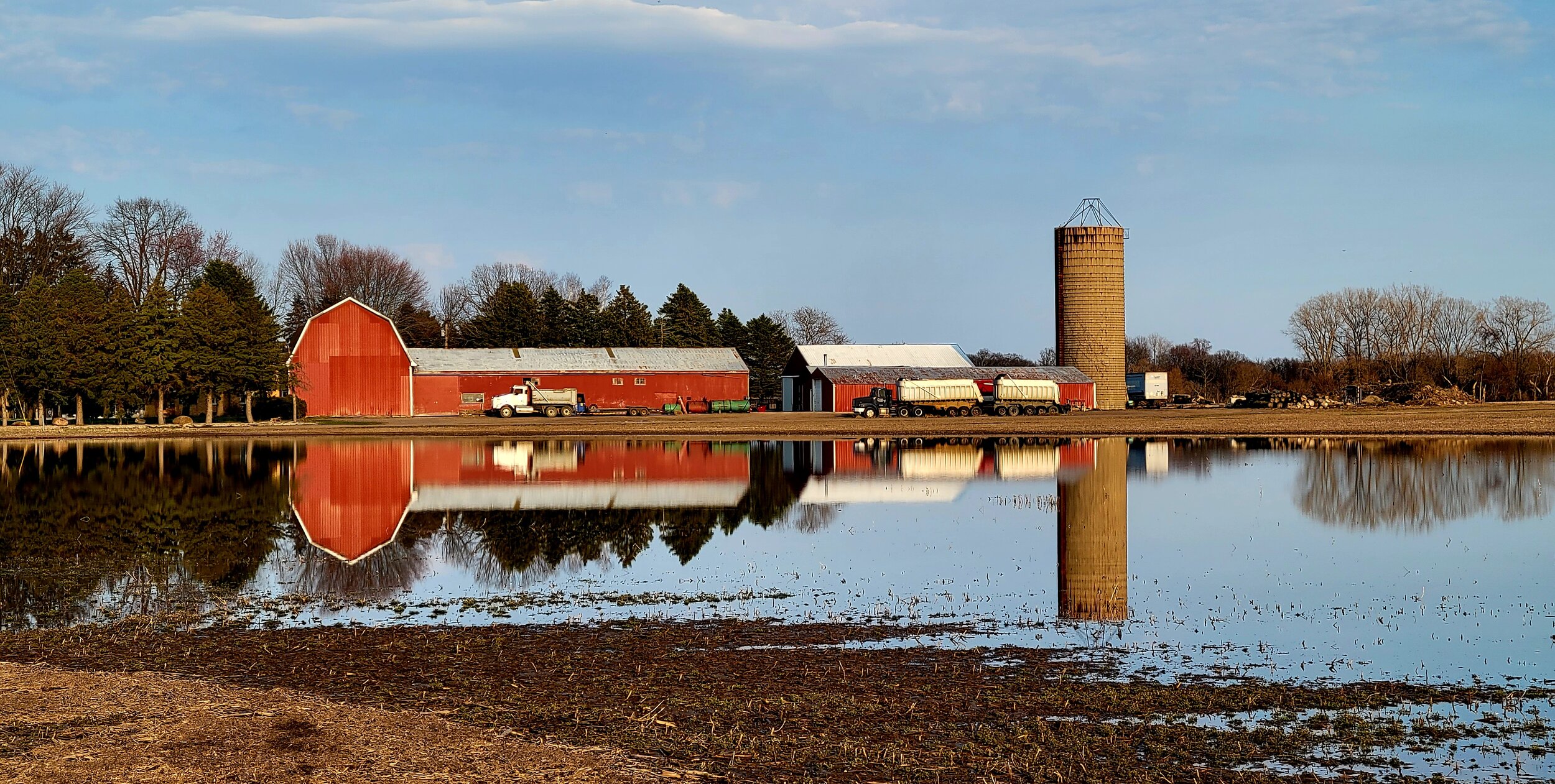
AGriculture
Photo Credit: Elizabeth Schutte

2026 Farm field Days
These events are designed to cultivate meaningful conversations and strengthen our local farmer network. Connect with fellow producers, share experiences, ask questions, and build relationships that extend beyond the field day. Together, we can learn from one another, support conservation efforts, and grow a resilient farming community.

-
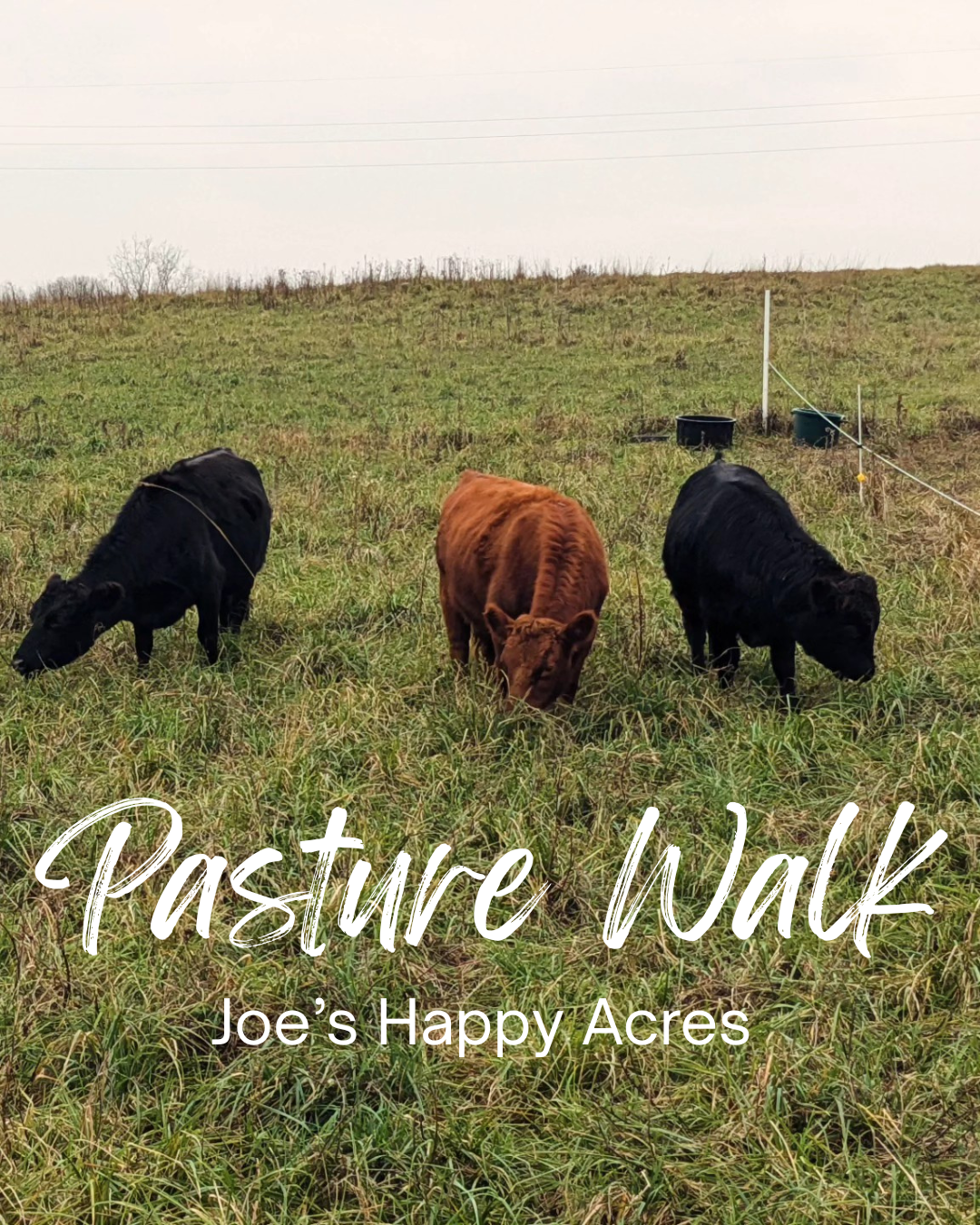
Pasture Walk with Joe Hetrick
Joe’s Happy Acres
Joe Hetrick, the Eaton Conservation District’s 2025 Conservation Farmer of the Year, runs a 75-acre farm where he raises livestock and takes care of grazing land. His farm, which is MAEAP Verified, focuses on maintaining healthy soil.
June 30th, 2026
-
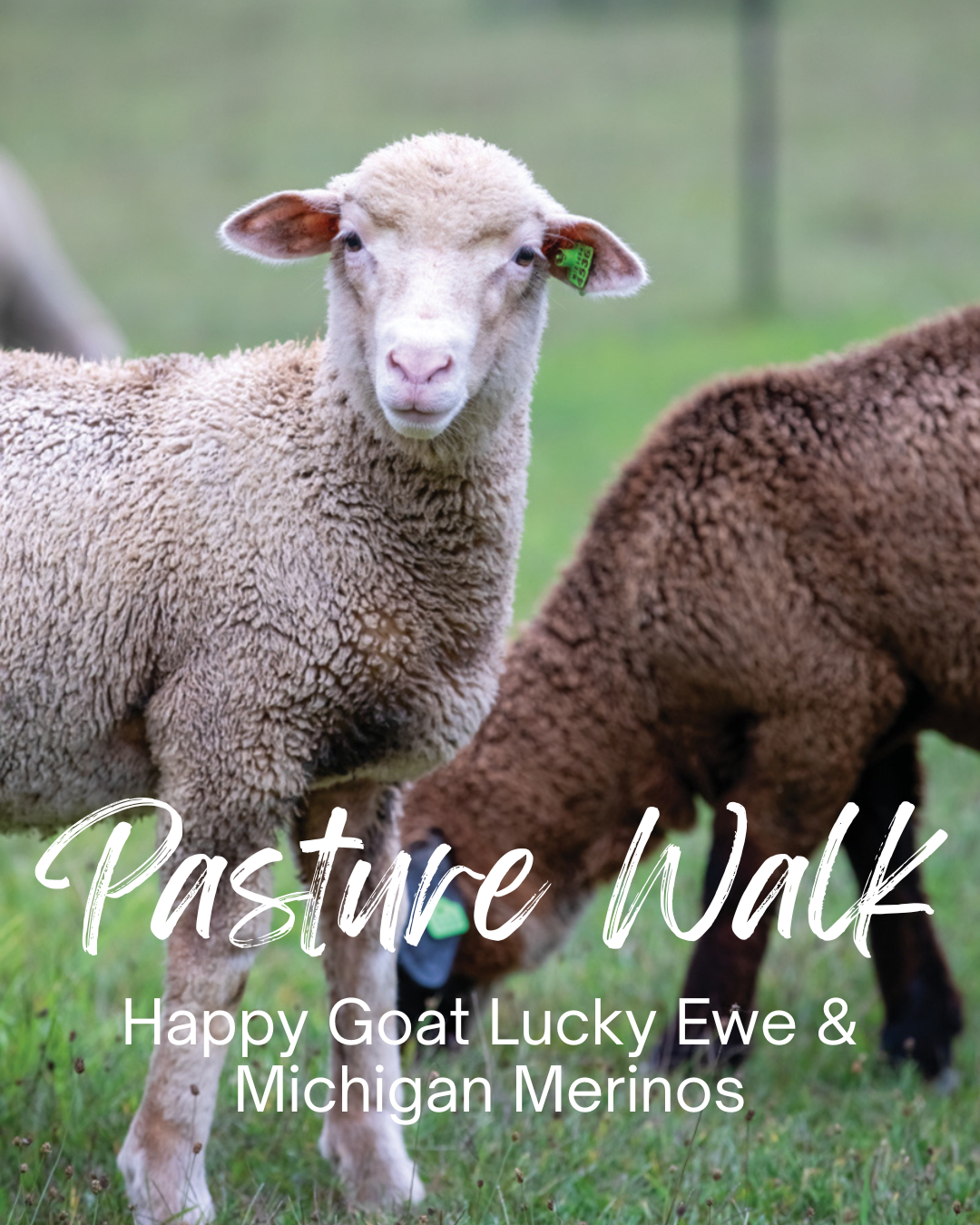
Pasture Walk with Bridget Kavanagh
Happy Goat Lucky Ewe & Michigan Merinos
Bridget Kavanagh runs a 35-acre farm where she raises livestock and takes care of grazing land. Her farm, which is MAEAP Verified, focuses on carbon capturing and regenerative agriculture
July 14th, 2026
-
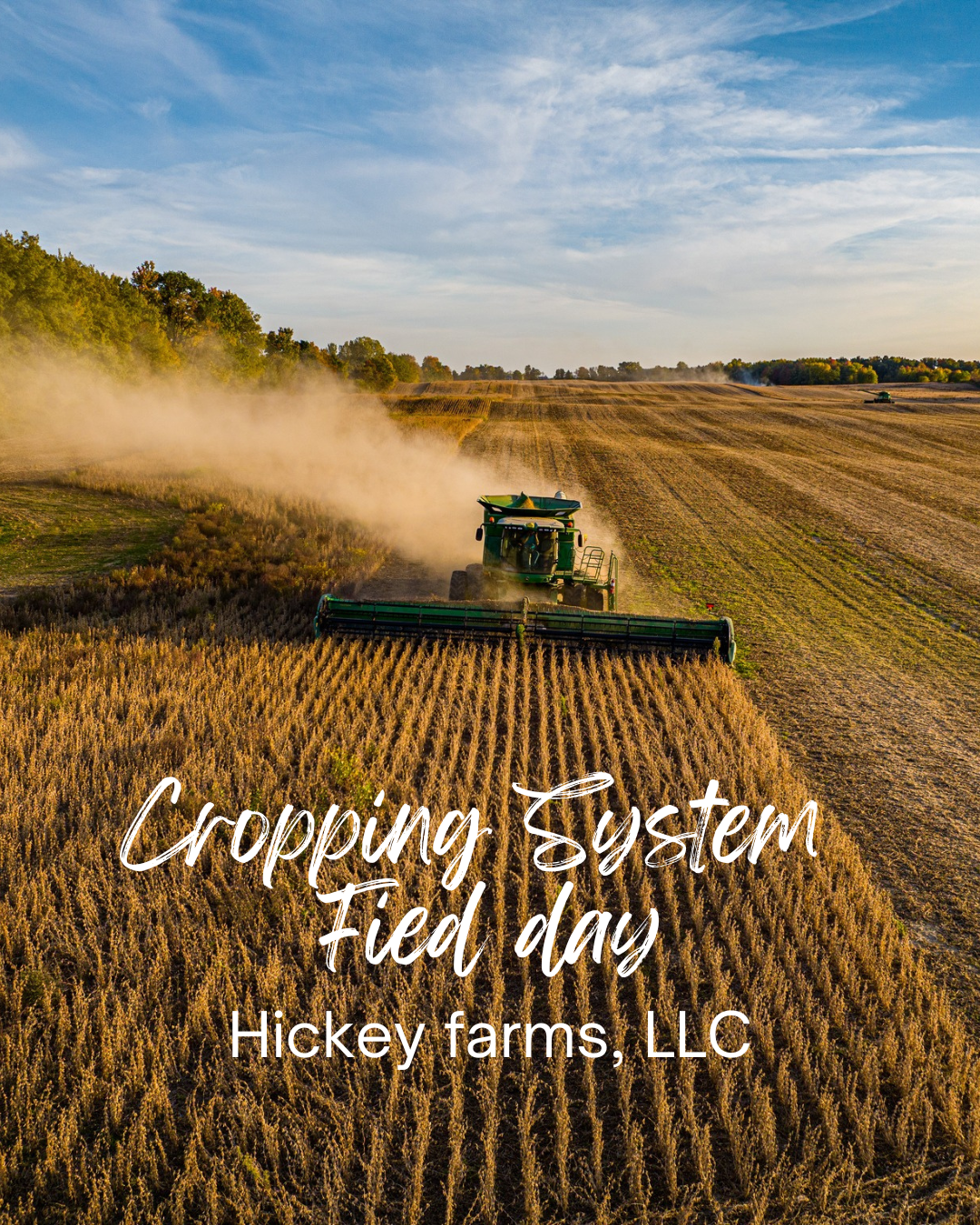
Cropping System Field Day
Hickey Farms LLC
Shane and Nicole Hickey, the Eaton Conservation District’s 2025 Legacy Conservation Farmer of the Year, runs a 4,200-acre farm where they prioritize soil health. Their farm, which is MAEAP Verified, focuses on cover crops and grass waterways.
August 14th, 2026
-
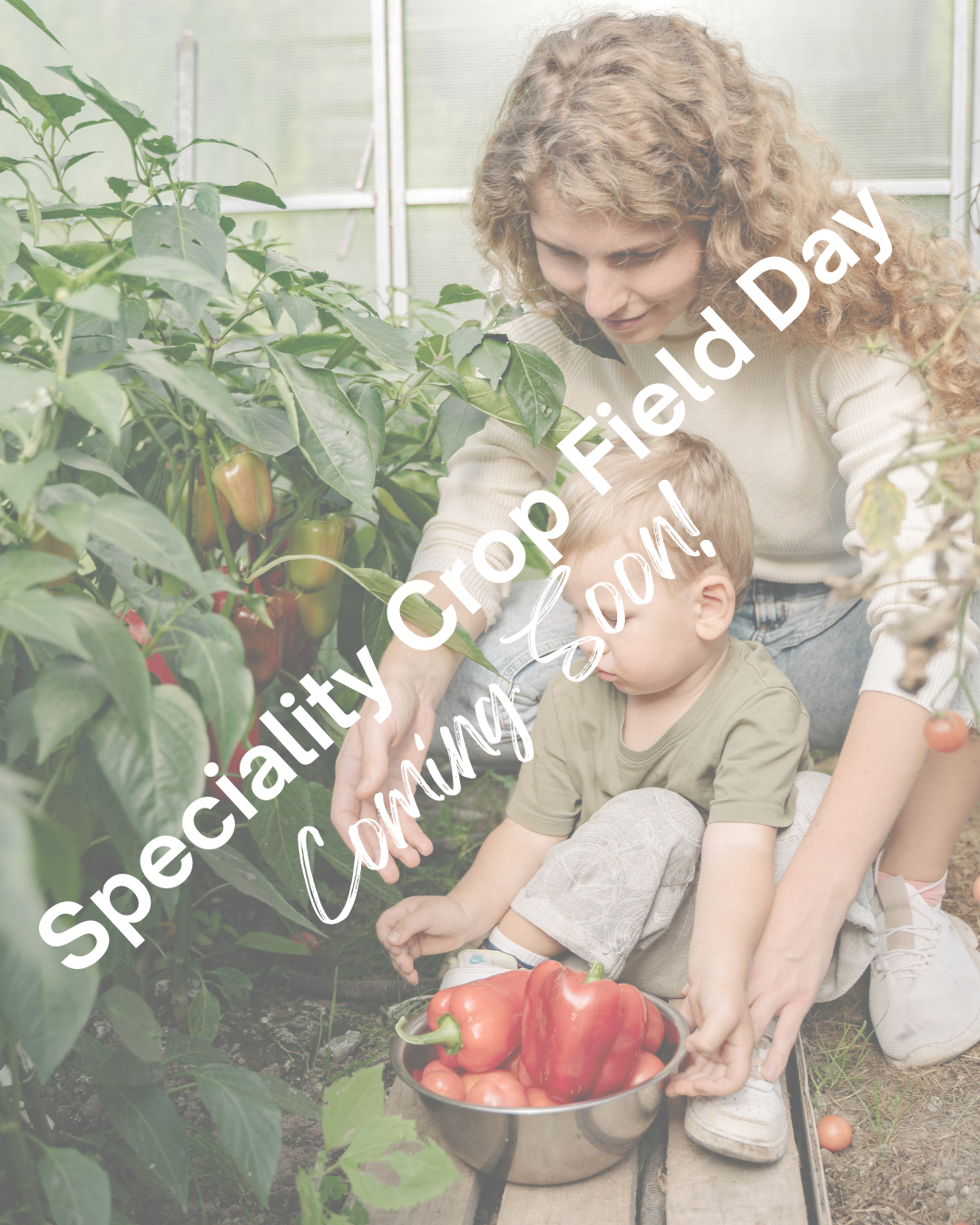
Field Day Coming Soon!
Stay tuned!
What is MAEAP?
The Michigan Agriculture Environmental Assurance Program, commonly known as MAEAP, is a voluntary program to help landowners assess soil and water quality risks on their properties. Originally geared towards supporting farmers, MAEAP has expanded to offer technical assistance to forest, wetland, and wildlife habitat properties as well.
MAEAP is 100% confidential, non-regulatory, and voluntary. Landowners are in the drivers seat of their MAEAP track.
Incentives for participating in the MAEAP program include:
Discounts from select equipment, insurance, and fuel suppliers
Free educational opportunities
Special support in case of environmental emergencies
Opportunities for cost-share funds from the Eaton Conservation District for things like chemical spill kits, concrete pads for fuel and chemical loading areas, soil and water tests, etc.
Additionally, landowners receive a sign that can be proudly displayed to show dedication to environmental stewardship. The MAEAP sign confirms to passersby that your farm or forest is properly managed, and also brings a great positive reaction from consumers and the public.
Click here to see the MAEAP incentives offered by Michigan Farm Bureau and other supporters.
MAEAP is open to any Michigan landowner and is not limited by size or practices.
There are four categories of recognition: 1) Cropping, 2) Livestock, 3) Farmstead, and 4) Forest, Wetlands, and Habitat.
How to get Started
-

Step 1: Education
Attend a MAEAP-supported educational event to learn about new and improving practices in agriculture and conservation.
-

Step 2: Risk Assessment
Your local MAEAP Technician will visit your farm, and evaluate any potential existing risks to soil and water quality on your property. This visit is 100% confidential, non-regulatory, and free. The technician may provide support in addressing any risks found.
-

Step 3: Verification
An MDARD representative will come to your farm (upon invitation only) to confirm that any identified risks have been addressed, and provides technical assistance for any additional concerns.
MAEAP Recognition Categories
-

Farmstead
The Farmstead verification is a combination of cropping and livestock with a focus on whole-farm systems. This is ideal for farms that integrate their livestock and crop management.
Click here to learn more about the MAEAP Farmstead System
Photo Credit: Elizabeth Schutte
-

Cropping
The Cropping verification covers all crop production including greenhouse, row crops, hay and forage, floral, orchards, urban farms, etc.
Click here to learn more about the MAEAP Cropping System.
Photo Credit: Jessica Darrow
-

Livestock
Any size livestock farm is welcome to undergo the MAEAP process, from small backyard sheep flocks to CAFO-sized operations.
Click here to learn more about the MAEAP Livestock System.
Photo Credit: Gracen Zaremba
-
Forest, Wetland & Habitat
This is for non-ag landowners who participate in forest management, as well as those who want to conserve valuable Michigan woods and waters by maintaining precious habitat and wetland space.
Click here to learn more about the MAEAP FWH System.
Photo Credit: Elizabeth Huber
USDA - NRCS
How do they help?
NRCS's natural resources conservation programs help people reduce soil erosion, enhance water supplies, improve water quality, increase wildlife habitat, and reduce damages caused by floods and other natural disasters. Public benefits include enhanced natural resources that help sustain agricultural productivity and environmental quality while supporting continued economic development, recreation, and scenic beauty.
They can help lead you to better practices that are more efficient on your property.
NRCS Michigan Financial Assistance
NRCS has several programs that provide financial assistance to agricultural producers to implement new conservation measures. Other programs allows landowners to sell development rights to their land that require the land to be maintained as wetlands or for specific agricultural uses.
NRCS Conservation Programs
Agricultural Conservation Easement Program (ACEP)
Conservation Reserve Program (CRP)
Conservation Stewardship Program (CSP)
Environmental Quality Incentives Program (EQIP)
Conservation Innovation Grants
Healthy Forests Reserve Program (HFRP)
Regional Conservation Partnership Program (RCPP)
Interested in learning more about any of these programs?
Contact Eaton County NRCS Staff at 517-543-1512,
or visit them at Eaton CD’s office location.
Produce Safety
Our Produce Safety Technician, Morgan Anderson, is dedicated to providing on-farm technical assistance for produce growers. The On-Farm Produce Safety program aims to ensure producers are in compliance with the Produce Safety Rule (PSR),which is housed within the Food Safety and Modernization Act (FSMA). Produce safety technicians work with growers to navigate produce safety standards and tailor food safety solutions based on the needs of their operation. This assistance can come in a variety of ways, depending on the goals of farmers.
All services provided by the technician are free, voluntary, confidential, and non-regulatory.
The Produce Safety Risk Assessment & On-Farm Technical Assistance
A key part of Morgan’s role is conducting an on-farm Produce Safety Risk Assessment (PSRA), which are available to any operation with produce– mixed commodity farms are eligible!. Similar to the MAEAP program, the PSRA process involves:
Evaluation:
Invite Morgan to walk around your farm with you. She will explain the program and recommend practical steps you can take to meet program standards and your own food safety goals. Some elements of your operation that Morgan might look at include:
Water (irrigation and post-harvest)
Soil Amendments
Cleaning and Sanitation
Wildlife Management
Worker Hygiene and Training
Food Safety Plans
Implementation:
If you choose to complete your Produce Safety Risk Assessment, the next step is to mitigate high risk practices (if there are any!). You can do these next steps at your own pace, and solutions are customized to fit and work for your operation. Our Produce Safety technician is here to help you every step of the way and can direct you to additional resources, if desired.
3. Produce Safety Certification:
Receiving a Produce Safety Certification is a voluntary next step of the PSRA process. It requires a little bit of additional work from the producer. Once any action steps identified from the PSRA are complete, growers also have to create a documented Food Safety Plan. But do not worry! Morgan is available for any and all assistance in developing your operation’s food safety plan. A Food Safety Plan is tailored for each operation and aims to organize and prepare growers for other food safety regulations, buyer requirements, and questions. Such plans have, but are not limited to, elements relating to:
General farm information and description
Farm maps, policies, training records, water test results, traceability and recall plans
Risk assessment of practices and environmental conditions on farm that affect food safety
Practices and actions that reduce food safety risks
Required Records and other records to document farm practices
After these steps, Morgan will contact the Michigan Department of Agriculture and Rural Development (MDARD). She will deliver a Produce Safety Certificate signed by the Director of MDARD, as well as information to use the Produce Safety Certified logo and marketing materials. The certificate serves as a recognition of the efforts and safety practices of your operation and staff, and enables farms to use the MI Certified Produce Safety logo at points of sale, on merchandise– and in the future, on-farm (like MAEAP!).
On Farm Readiness Reviews
On Farm Readiness Reviews (OFRRs) are an opportunity for growers to walk through their operation and discuss how to meet Produce Safety Rule requirements. On this farm visit, Morgan and MSU Extension Educators use an “Inspectors lens” to leave growers feeling more relaxed, prepared, and confident for a FSMA Produce Safety inspection and implementation.
Sign up for your On Farm Readiness Review Here.
Cost share
Cost-share is a new resource for the Produce Safety Program, and our technician is excited to offer and utilize cost-share opportunities for growers. Produce safety practices eligible for cost-share include but are not limited to: hand washing stations, pH test strips, water testing costs, etc.
For more information about Produce Safety resources, services, and programs, you can visit the MI On Farm Produce Safety website linked here.
Other than the PSRA, Certification process, and On-Farm Readiness Review, Morgan is available for any general and specific on-farm technical questions and assistance. For any level of produce safety needs or questions, Morgan is a resource available to you! Request a farm visit here. For any questions, contact Morgan at morgan.anderson@macd.org.
AG Plastics
Program Summary
Eaton County's Department of Resource Recovery has partnered with the Michigan Recycling Coalition and the Michigan Farm Bureau to develop a program for recycling agricultural film plastic. In order to adapt the process and make it financially sustainable, this program is a pilot project that is subject to change at any time. The Sunfield Recycling Center was chosen as a collection point for this program because of its existing space/material processing equipment, rural & regional opportune location, and its existing site goals. At a calculated cost (explained further below), these materials (agricultural film plastic) will be accepted, by appointment only, in addition to the materials already accepted at the site (there is no cost for recycling accepted materials other than agricultural film plastic material at this time).
